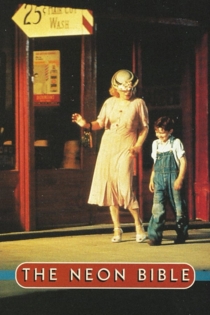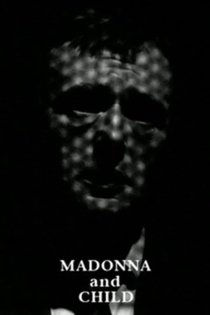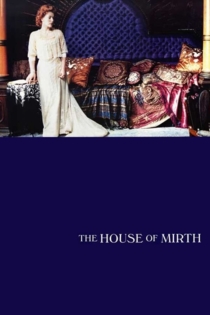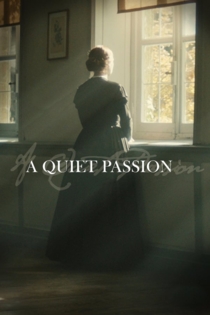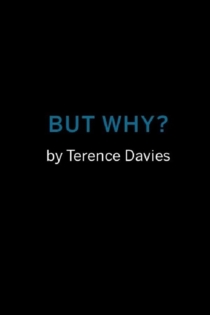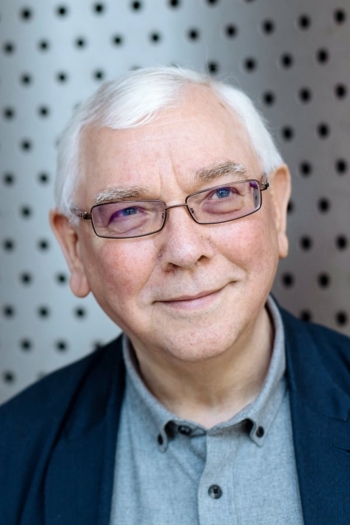
Terence Davies
1945 (80 лет)The Post Office Girl
Terence Davies
Sophie Cookson, Richard E. Grant
Christine looks after her ailing mother and toils in a provincial Austrian post office in the years just after the Great War. One afternoon, as she is dozing among the official forms and stamps, a telegraph arrives addressed to her. It is from her rich aunt, who lives in America and writes requesting that Christine join her and her husband in a Swiss Alpine resort. After a dizzying train ride, Christine finds herself at the top of the world, enjoying a life of privilege that she had never imagined. But Christine’s aunt drops her as abruptly as she picked her up, and soon the young woman is back at the provincial post office, consumed with disappointment and bitterness. Then she meets Ferdinand, a wounded but eloquent war veteran who is able to give voice to the disaffection of his generation. Christine’s and Ferdinand’s lives spiral downward, before Ferdinand comes up with a plan which will be either their salvation or their doom.
The Post Office Girl

The Story of Film: An Odyssey
Mark Cousins
Mark Cousins, Jean-Michel Frodon
Эпическое путешествие по мировыми столицам от Болливуда до Голливуда, это «золотой век» 20-х годов и появление звука. Это истории секса и мелодрамы в 50-е и великие кинозвезды 50-х и 60-х, масштаба Федерико Феллини. Это американский кинематограф 60-х и 70-х, когда режиссеры пытались изменить мир, появление картин «Звездные войны», «Челюсти» и «Изгоняющий дьявола». Это 80-е, время протеста в кино, новый «золотой век» 90-х и появление новых звезд на небосклоне в наше время.
The Story of Film: An Odyssey

The Terence Davies Trilogy
Terence Davies
Terry O'Sullivan, Wilfrid Brambell
These three semi-autobiographical short films by Terence Davies follow the journey of Robert Tucker, first seen as a hangdog child in "Children" (1976), then as a hollow-eyed middle-aged man in "Madonna and Child" (1980), and finally as a decrepit old man in "Death and Transfiguration" (1983). Dreamlike and profoundly moving.
The Terence Davies Trilogy
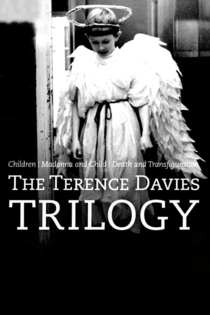
Distant Voices, Still Lives
Terence Davies
Freda Dowie, Pete Postlethwaite
The second film in Terence Davies's autobiographical series (along with "Trilogy" and "The Long Day Closes") is an impressionistic view of a working-class family in 1940s and 1950s Liverpool, based on Davies's own family. Through a series of exquisite tableaux Davies creates a deeply affecting photo album of a troubled family wrestling with the complexity of love.
Distant Voices, Still Lives
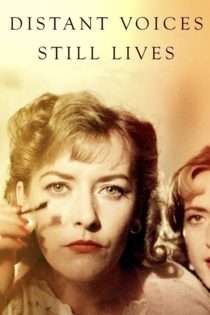
Death and Transfiguration
Terence Davies
Wilfrid Brambell, Terry O'Sullivan
In sepia tones, the film moves back and forth among three periods in Robert Tucker's life: he's an old man, near death, in a nursing home at Christmas time; he's in middle age caring for his cheerful but dying mother; he's a lad at Catholic school, practicing his catechism, going to confession for the first time, receiving the Eucharist, surrounded by the singing of a children's choir. In middle age, he looks through his scrapbook of photographs of muscular men; he recalls lovers and his mother's cremation. A nurse sits beside him on his last night; in his last breath, he reaches forward and back.
Death and Transfiguration
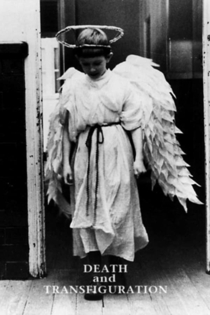
The Long Day Closes
Terence Davies
Leigh McCormack, Marjorie Yates
Bud is a lonely and quiet boy whose moments of solace occur when he sits in rapture at the local cinema, watching towering and iconic figures on the movie screen. The movies give Bud the strength to get through another day as he deals with his oppressive school environment and his burgeoning homosexuality.
The Long Day Closes
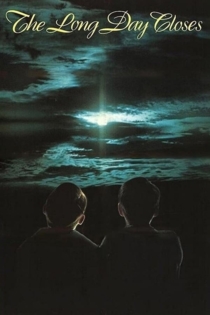
Of Time and the City
Terence Davies
Terence Davies
A heart-stirring meditation on time, memory and mortality, “Of Time and the City” is Terence Davies’ poetic, conflicted ode to his birthplace of Liverpool, England. The visual content of the film consists largely of archival clips of the city from the 1940s to the 1960s, their nostalgic charm darkened by accompanying music and the counterpoint of Davies’ dry, at times dyspeptic, voice-over narration. His voice thickens with emotion as he recalls the delights of juvenile movie-going or the ritual of a holiday trip to New Brighton, across the River Mersey, and hardens with contempt when he turns his gaze on the hoopla surrounding Queen Elizabeth’s coronation in 1953. The film is a powerful evocation of the director's youth in post-war Britain and a reflection on how his home city has changed over the years.
Of Time and the City
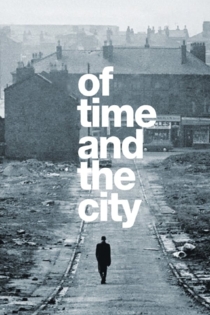
Children
Terence Davies
Phillip Mawdsley, Robin Hooper
Robert Tucker, a young gay man who is almost without affect, sits in various waiting rooms. As he sits, he recalls events from the year of his childhood when his father dies. He's ten or eleven that year, picked on by bullies at the Catholic school he attends. He seems friendless. At home, his mother is quiet, his father is ill and angry. After his father's death, there's a wake, the coffin arrives, the body is removed. The lad grieves, alone.
Children
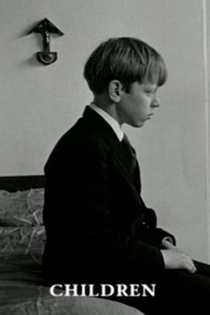
Benediction
Terence Davies
Peter Capaldi, Jack Lowden
Poet Siegfried Sassoon survived the horrors of fighting in the First World War and was decorated for his bravery, but became a vocal critic of the government's continuation of the war when he returned from service. Adored by members of the aristocracy as well as stars of London's literary and stage world, he embarked on affairs with several men as he attempted to come to terms with his homosexuality.
Benediction
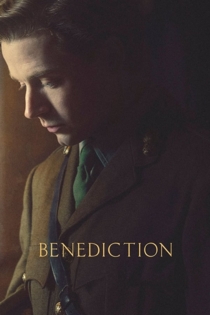
The Neon Bible
Terence Davies
Jacob Tierney, Drake Bell
While on a train, a teenage boy thinks about his life and the flamboyant aunt whose friendship acted as an emotional shield from his troubled family. This film evokes the haunting quality of memory while creating a heartfelt portrait of a boy's life in a rural 1940s Southern town.
The Neon Bible
